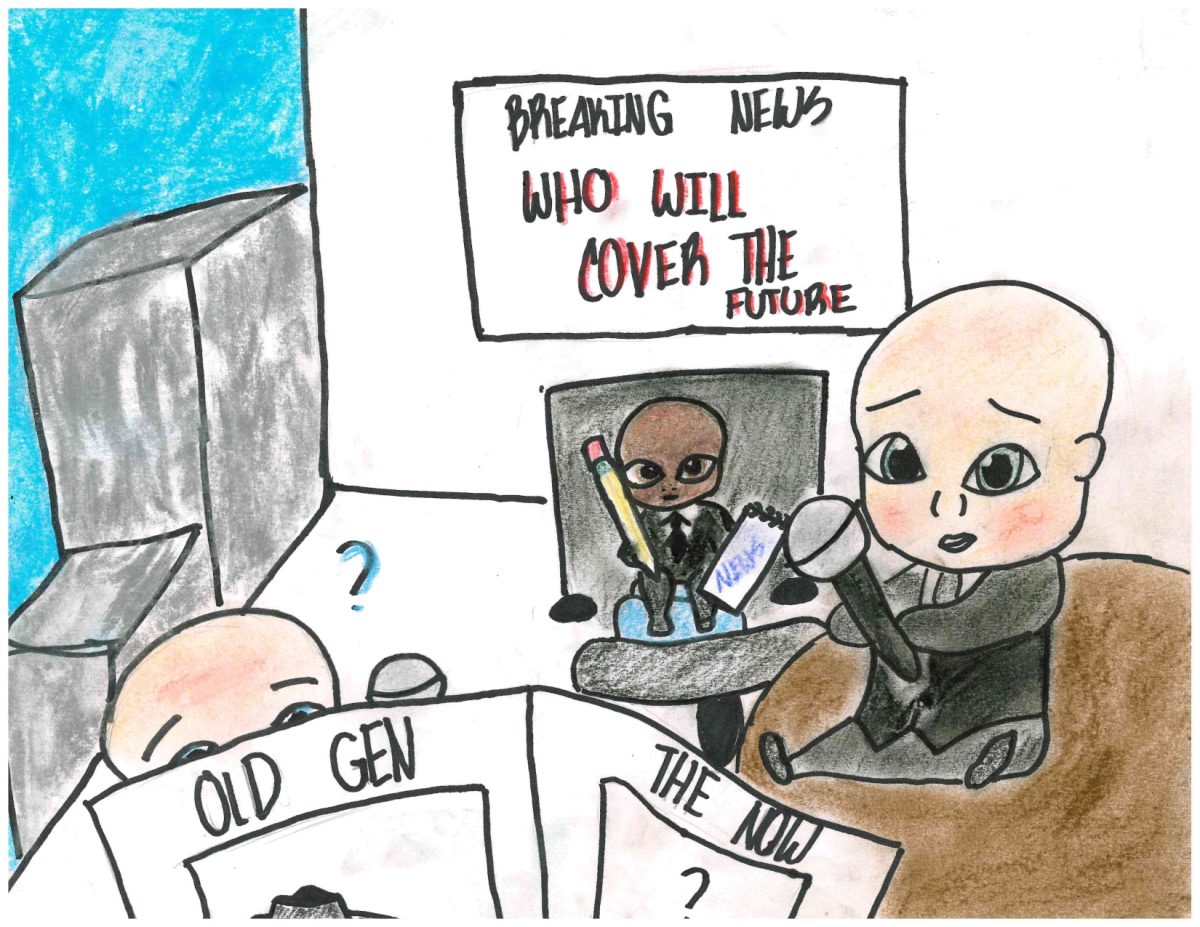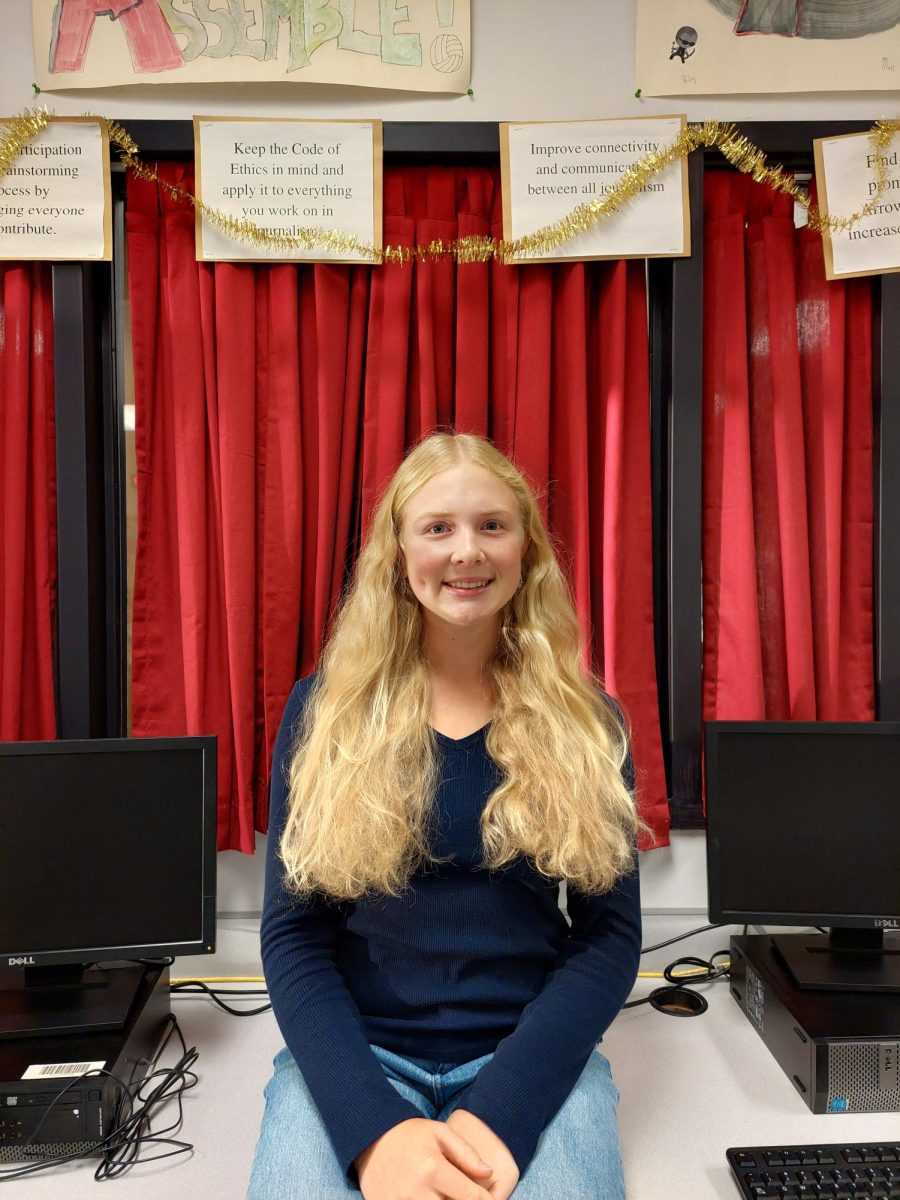As the school district continues to recover from the network disruption, The Arrowhead has observed some lessons and some silver linings from the event. We understand that everyone in the district was impacted in varying ways by the network disruption.
**How to have a better balance**
After about six weeks without school technology we have learned that, while it is nice, technology is not everything. Without Schoology, it has fallen on students to keep track of their assignments, which has created a healthier relationship with technology. No longer are students frantically checking Home AccessCcenter the day after a test to see if the teacher posted the grades. No longer are teachers on their phones at night responding to students’ emails about homework. This forced break has only cemented a better way for us to use the technology.
When we eventually have everything fully restored, we should not go back to those old habits that are unhealthy. There are healthy ways to integrate technology so that it enhances our lives and experiences at school. While no one asked for the ransomware, it’s a silver lining that we can now adopt the healthier habits into daily practice. Habits like not neurotically checking Home Access Center after a test need to remain with us long after this is over.
**How to better appreciate the teachers and staff**
When all technology was rendered useless, everyone had to improvise. Whether teachers had hard copies of their assignments or they were all on their P-drive, every teacher was thrown off by the network disruption. There are teachers whose entire courses are saved onto their P-drive, and without access they had to do an extreme amount of work so that they could continue teaching. What was the alternative? While teachers were, essentially, in limbo, they still showed up and did their job. While students were inconvenienced by the disruption, the teachers and staff were affected in a greater way. Here’s to the teachers; the work you’ve done to recover from this has not gone unnoticed or unappreciated.
This goes for all the staff in the building, too. Guidance counselors, secretaries, custodians and food service staff have gone above what is expected and we are all appreciative. And when everything is back up and running that appreciation for teachers and staff needs to be adopted permanently. Every faculty and staff member went above and beyond what is expected.
**How to not take technology for granted**
Most have felt the annoyance of having to come to the high school during the last days of summer and stand in line to pick up their Chromebook. The complaints about the Chromebooks or the dull Prométhéen bulbs have all stopped now that no one has access to use them. The irony! Another thing that we should adopt once this is over is gratitude for the technology we have.
We are very fortunate for having the technology that we do. There are schools in the state and the country where they are not nearly as advanced as us. We are immensely privileged to have the wealth of technology and resources that we have at Souderton. When we get everything back and running smoothly hopefully there are less complaints about the small flaws in the Chromebooks. After all hand writing a paper without spellcheck is more difficult than typing it out on a Chromebook. Even with a dulling bulb, Powerpoints are easier to use than transparencies on an overhead projector.
**How technology does not equal a better education**
We still learned. Yes, without computers, Schoology and Google Drive we still managed to learn. Classes (for the most part) carried on. Teachers got creative and students were flexible. Technology does not necessarily mean that we are learning better. Paper and pencil can be just as effective, if not more, as Google Docs. The network disruption hammered in the lesson that technology is not everything. Sometimes, old school methods are just fine.
After it is all over, will we still trust technology the same as we used to? Will classes use technology as much as they used to?
The answers are going to vary based on the teacher, but most likely Souderton will see more of a balance between technology and the old school methods. After all a chalkboard and paper can be just as effective as Powerpoints – and they cannot be hacked.
**How to come together as a district**
How do you get a school district of thousands to come together in opinion? You take away their WiFi. In a more serious sense, the network disruption did bring together the school district. Students empathized with teachers when they expressed their frustrations over losing entire courses worth of work. Teachers connected with students over not being able to access important documents saved to Google Drive.
Teachers, who otherwise do not get the chance to interact with each other, were bonding over the shared frustrations of having to hand write and copy assignments for the first time in over a decade.
Truthfully, it is nearly impossible to get 100 people on the same page, let alone an entire school district. We did it, though. We all came together as a school and district, because of the network disruption.






